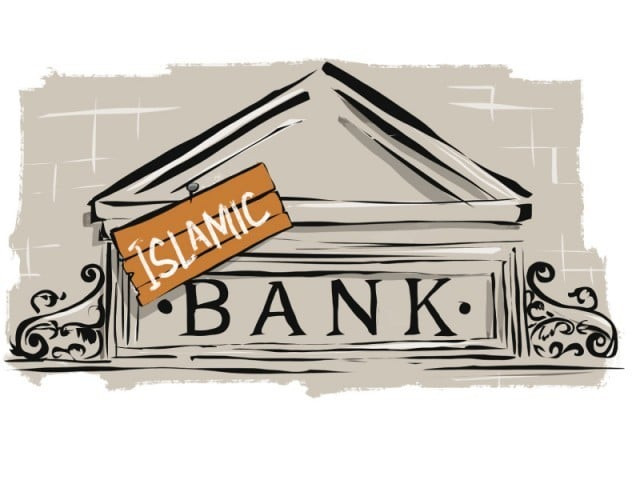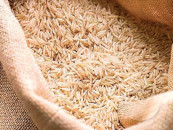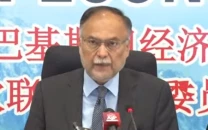New horizons: Empowering women through Islamic banking
Islamic finance can offer great opportunities to female workers.

While there is no systematic evidence of exploitation of women in the health sector, there is a very clear indication of such a trend in the private educational sector, especially in the schools catering to low-income families. Private schools in particular, both in urban and rural areas, have benefitted immensely by employing women for salaries and wages that their male counterparts would reject outright.
In many other small businesses where women work (eg, travel agencies) the overall environment is not conducive to female employment. Lack or shortage of space means that women have to work in an environment which allows male colleagues to invade their personal space. Direct or indirect sexual abuse is also rampant, although it is not necessarily reported for cultural sensitivity. Furthermore, while their employment may have led to cost-efficiency in a number of businesses in the private sector, it has also certainly led to wage discrimination against women.
Islamic banking and finance has empowered women in a number of countries; especially in Malaysia, where at least two Islamic banks – the Hong Leong Islamic Bank and the Kuwait Finance House Malaysia – have female CEOs. The apex body of jurists, appointed by the central bank (Bank Negara Malaysia), also has two female members out of a total of 11. A number of Islamic banks in the country also have female Shariah advisors – an area in which Malaysia has taken a lead role.
In Pakistan, after a jittery period that saw more debates on the dress code for women working in Islamic branches than the other possible roles they could play, women have increasingly started playing a visible role in Islamic banking. However, the need to define a strategic role for women in Islamic banking remains.
The employment of women provides Pakistani Islamic banks a choice: either employ them for lower wages (as has been the case in other sectors) and improve the bank’s cost-efficiency; or empower them by offering employment on an equal opportunity basis, and improve the bank’s organisational efficiency and profitability.
It may be kept in mind that women are still hugely under-banked or non-banked in Pakistan, as compared to men. Islamic banks can use their female workforce to mobilise savings from women and bring them under the banking net. This will bring down financial exclusion amongst women. The “committee system” of saving has traditionally been more popular amongst women in Pakistan, and Islamic banks can develop this idea further and bring similarly structured deposit systems run by women for women.
‘Ladies only’ branches have proven to be a very successful banking model in Saudi Arabia, and it may not be a bad idea for Islamic banks in Pakistan to replicate the same. Although the First Women Bank has not been very successful in targeting women exclusively, the story can be writ different by Islamic banks. The proposed ‘ladies only’ branches may include other services like beauty parlours and gyms for women. The Dubai Islamic Bank (in the UAE) has targeted this niche by developing Johara Banking for ladies, which offers financing products for beauty, health and other such services for women. The ‘ladies only’ branches can also house children’s nurseries for working women, an area that is bound to be extremely profitable in a country like Pakistan.
Women have played virtually no role at all in the Shariah and legal advisory side of Islamic banking in Pakistan. The International Islamic University Islamabad (IIUI) has been producing Shariah and law graduates for a long time, and many of its female graduates are now serving in the judiciary as judges and public adjudicators. Opening up Islamic banking as a new employment avenue for women will further strengthen the value proposition of the LLB (Shariah and Law) offered by the IIUI.
THE WRITER IS AN ECONOMIST AND A PHD FROM CAMBRIDGE UNIVERSITY
Published in The Express Tribune, November 5th, 2012.



















COMMENTS
Comments are moderated and generally will be posted if they are on-topic and not abusive.
For more information, please see our Comments FAQ